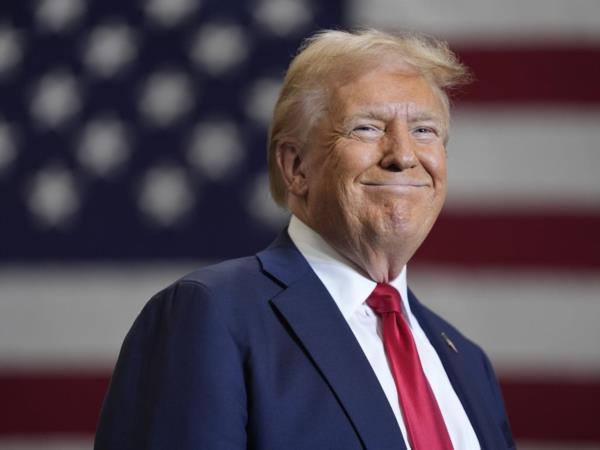
President Donald Trump's recent comments on the stock market and trade war have sparked discussions and raised eyebrows among investors and analysts. Despite his previous emphasis on the stock market as a measure of economic success, Trump appeared indifferent to market fluctuations during a recent press briefing.
When asked about the market's performance, Trump expressed a lack of awareness and stated that he does not typically follow financial markets closely. This nonchalant attitude towards market volatility contrasts with his past statements highlighting the stock market's significance in gauging the country's economic well-being.



During the briefing, Trump engaged with media while signing executive orders, drawing attention to Rupert Murdoch's presence in the Oval Office. Murdoch, a prominent figure in the media industry, has recently criticized Trump's tariff policies through his newspaper, the Wall Street Journal.
Trump's response to questions about market reactions and the Wall Street Journal's editorial indicated a willingness to engage with differing viewpoints. Despite disagreements with Murdoch's editorial stance, Trump expressed confidence in the effectiveness of his trade strategies, dismissing criticisms of the ongoing trade disputes.
Trump's interactions with Murdoch and his dismissal of concerns over the trade war's impact on the market reflect a broader narrative of the administration's approach to economic policies. As global financial markets continue to react to trade tensions, Trump's apparent detachment from market fluctuations raises questions about the administration's economic strategy and its implications for investors and businesses.







